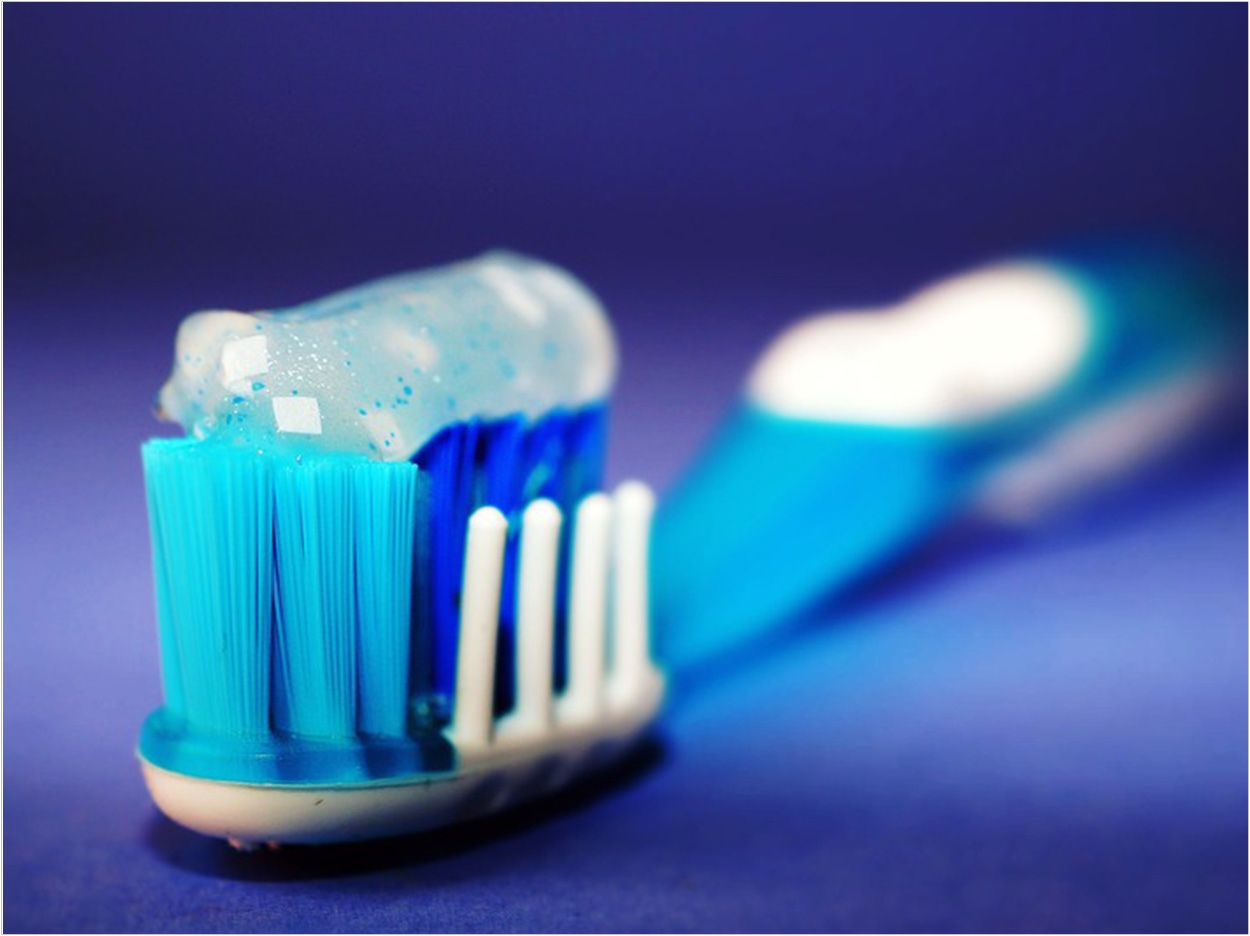
Nanoparticles added to some toothpastes, chewing gum, and more than 900 food products may have a substantial and harmful influence on human health, according to the University of Sydney.
Known as E171, titanium dioxide nanoparticles are commonly used in foods and some medicines as a whitening agent. But researchers at the school have found that consuming E171 can impact the gut microbiota and trigger diseases such as inflammatory bowel disease and colorectal cancer.
“The aim of this research is to stimulate discussions on new standards and regulations to ensure safe use of nanoparticles in Australia and globally,” said study co-lead author and associate professor Wojciech Chrzanowski, MSc, PhD, DSc, of the university’s School of Pharmacy and Sydney Nano Institute.
Nanoparticles have been commonly used in medicines, foods, clothing, and other applications, but their possible impacts including their long-term effects are still poorly understood, the researchers report.
Titanium dioxide consumption has considerable increased in the last decade and already has been linked to several medical conditions, the researchers say, adding that there is insufficient evidence about its safety despite its approval for use in food.
Increasing rates of dementia, auto-immune diseases, cancer metastasis, eczema, asthma, and autism are among a growing list of diseases that have been linked to soaring exposure to nanoparticles, note the researchers.
“It is well established that dietary composition has an impact on physiology and health, yet the role of food additives is poorly understood,” said Chrzanowski.
“There is increasing evidence that continuous exposure to nanoparticles has an impact on gut microbiota composition, and since gut microbiota is a gatekeeper of our health, any changes to its function have an influence on overall health,” said Chrzanowski.
“This study presents pivotal evidence that consumption of food containing food additive E171 (titanium dioxide) affects gut microbiota as well as inflammation in the gut, which could lead to diseases such as inflammatory bowel diseases and colorectal cancer,” said Chrzanowski.
“Our research showed that titanium dioxide interacts with bacteria in the gut and impairs some of their functions, which may result in the development of diseases. We are saying that its consumption should be better regulated by food authorities,” said coauthor and associate professor Laurence Macia, PhD, of the Faculty of Medicine and Health and the Charles Perkins Centre.
“The study investigated effects of titanium dioxide on gut health in mice and found that titanium dioxide did not change the composition of gut microbiota, but instead it affected bacteria activity and promoted their growth in a form of undesired biofilm,” said Macia.
“Biofilms are bacteria that stick together, and the formation of biofilm has been reported in diseases such as colorectal cancer,” said Macia.
The study, “Impact of the Food Additive Titanium Dioxide (E171) on Gut Microbiota-Host Interaction,” was published by Frontiers in Nutrition.
Related Articles
Nanoparticles Whiten Teeth Without Destroying the Enamel
Collagen Improved for Use in Dental Implants
Antibacterial Nanoparticles Improve Adhesive Resins












